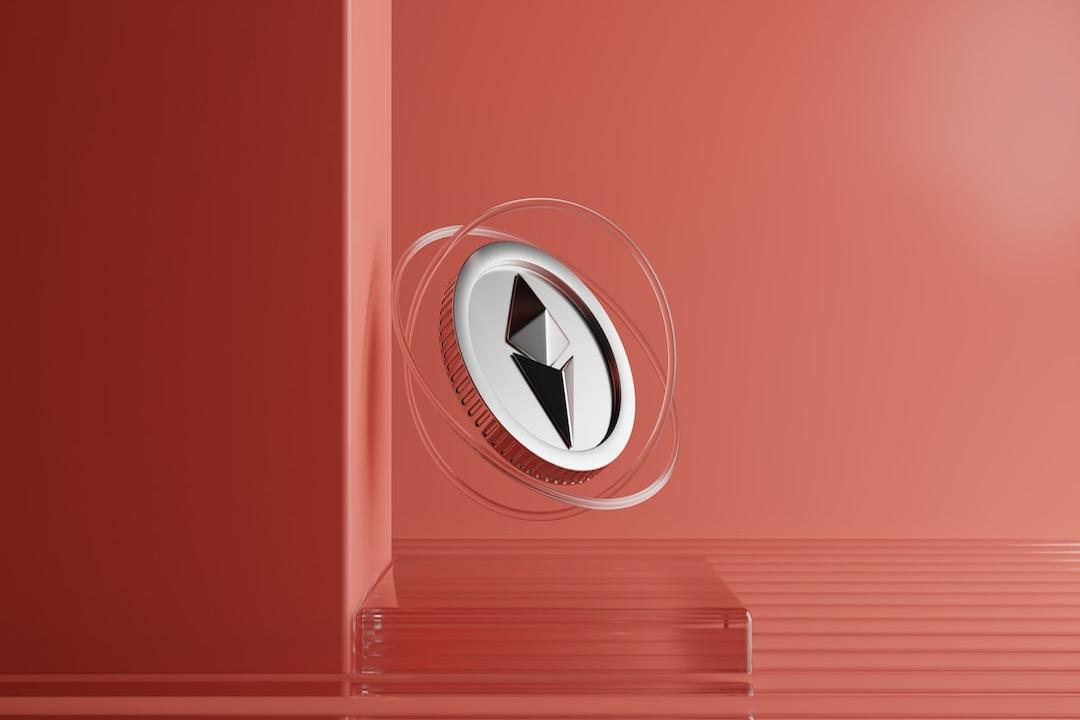In February of this year, the SEC filed a lawsuit against Terraform Labs and its CEO Do Kwon, alleging that they orchestrated a multibillion-dollar cryptocurrency securities fraud scheme by illegally raising billions of dollars from investors through the offering and sale of a series of interconnected cryptocurrency securities. Many of these transactions took place in unregistered exchanges, including governance tokens of the Mirror protocol, algorithmic stablecoin Terra USD (UST), and reserve and governance tokens of the Terra ecosystem, LUNA. In addition, synthetic assets mAssets designed to track the prices of U.S. company stocks were also deemed by the SEC as “securities-based swap transactions,” in violation of securities laws.
This week, Judge Jed Rakoff of the Southern District Federal Court in New York made a summary judgment on the case, stating that UST, LUNA, wLUNA, and MIR tokens fall within the category of “investment contracts” and are unquestionably securities. However, surprisingly, Judge Jed Rakoff ruled that synthetic assets mAssets themselves are not securities and do not meet the legal definition of “securities-based swap transactions.”
The court held that since mAssets require overcollateralization for their creation, there is no transfer of financial risk in the mechanism, and users cannot profit from holding mAssets because the collateral value must always exceed the value of the underlying reference security.
However, even experts in the cryptocurrency field were surprised by this judgment. Not all mAssets holders obtain mAssets through overcollateralization; some acquire them through buying and selling, thereby gaining exposure to the underlying assets (securities) and profiting from holding and selling at higher prices. The judge’s definition of mAssets exceeded many people’s expectations.
Regarding other allegations of fraud, the judge found that there are factual disputes, which would need to be decided by a jury. The jury trial is scheduled to begin on January 24, 2024.

